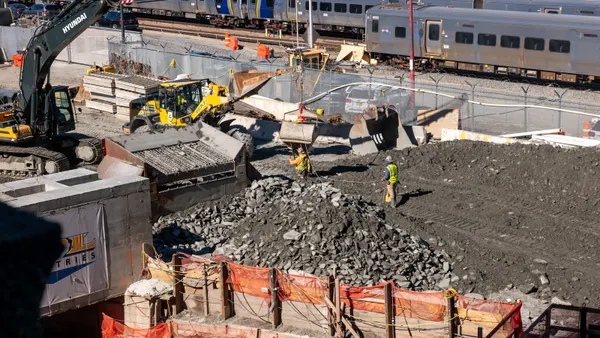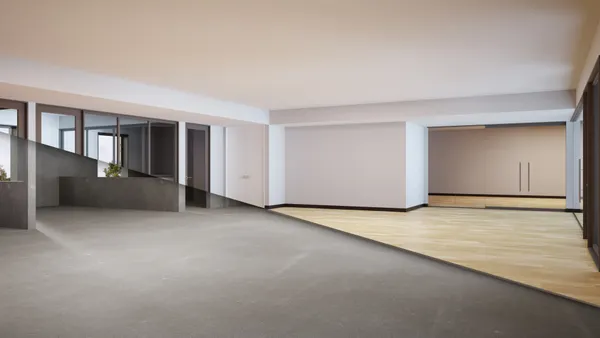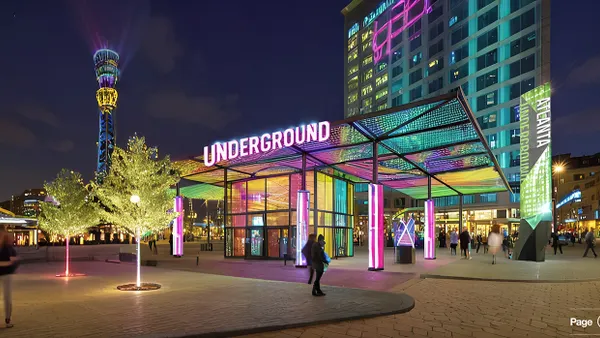Dive Brief:
- The U.S. Court of Appeals' D.C. Circuit unanimously ruled Friday against aspects of the Federal Communications Commission's (FCC) plan to speed up deployment of 5G infrastructure. The three-judge panel ruled the installation of small cell sites cannot bypass impact reviews on the environment and historic preservation.
- In its ruling on a case brought by the United Keetoowah Band of Cherokee Indians in Oklahoma on behalf of Native American tribes, the panel said that those reviews are in place to ensure that sites of "religious and cultural importance" are properly evaluated, and the FCC's strategy "effectively reduced" the role of the tribes in helping determine new 5G small cell sites.
- The court left in place the FCC's September decision to streamline 5G deployment by speeding up infrastructure approvals and capping fees; that is still under a separate appeal in the U.S. Court of Appeals for the Ninth Circuit.
Dive Insight:
This decision strikes a major blow to the FCC's strategy to quickly roll out 5G infrastructure, and while city leaders will note that its September decision that directly impacts municipalities has been left in place, this verdict could have a domino effect.
FCC Commissioner Brendan Carr released a statement praising the court for upholding "key provisions" of the commission's plan and pledging to review what was struck down.
But critics of the FCC's strategy, including members of the commission, said that means they must try again.
"For those paying attention, that means the agency tasked with the future of connectivity didn't get it right," FCC Commissioner Jessica Rosenworcel said in a tweet. "It's time to go back to the drawing board and do better."
The FCC and the various cities and localities challenging its order are still in the process of filing briefs in that case, but supporters of lawsuits challenging it said the environmental and historical impacts cannot be underestimated.
"This confirms that the FCC cannot just scream '5G' to justify ignoring its duties to Tribal Nations and to the environment," Andrew Jay Schwartzman of the Georgetown University Law Center, a lawyer who represented the challengers, said in a statement.
In his statement, Carr emphasized that the FCC's focus on "cutting red tape" has meant that the United States has been able to "leapfrog our global competitors and secure the largest 5G build in the world." Telecoms companies are rolling out 5G on a limited basis, but reports differ on whether the U.S. is outpacing or keeping up with China and South Korea.
In a January panel discussion at the U.S. Conference of Mayors' Winter Meeting in Washington, DC, city leaders said that they have complied with the September order and have "given the industry what they wanted" in terms of fast decisions. Mike Lynch, director of Boston's broadband and cable office, said 80% of small cell applications get a decision within 10 days, showing that it is possible.
But there is a long way to go before the FCC's order, and overall 5G strategy, is out of the legal quagmire.












